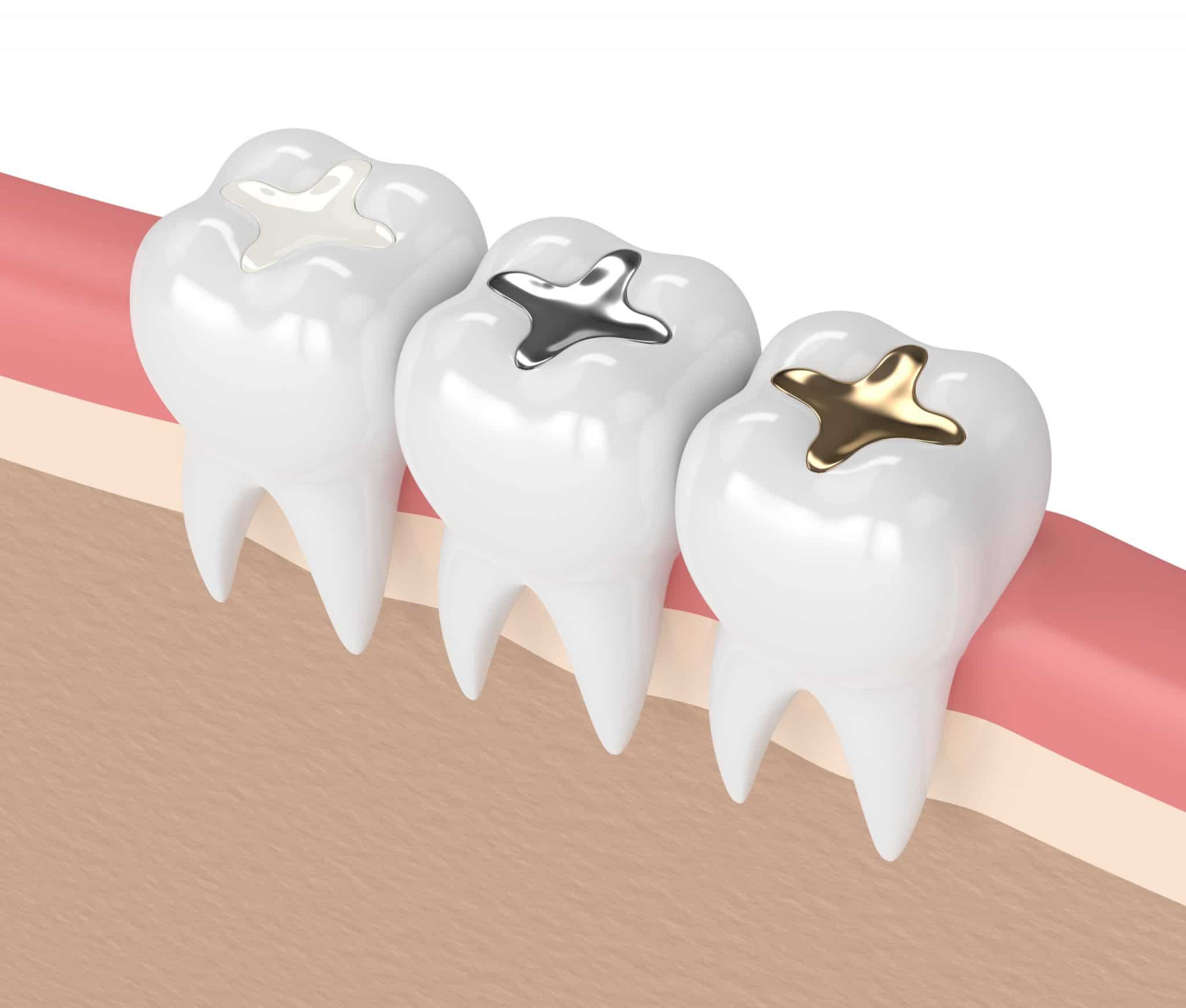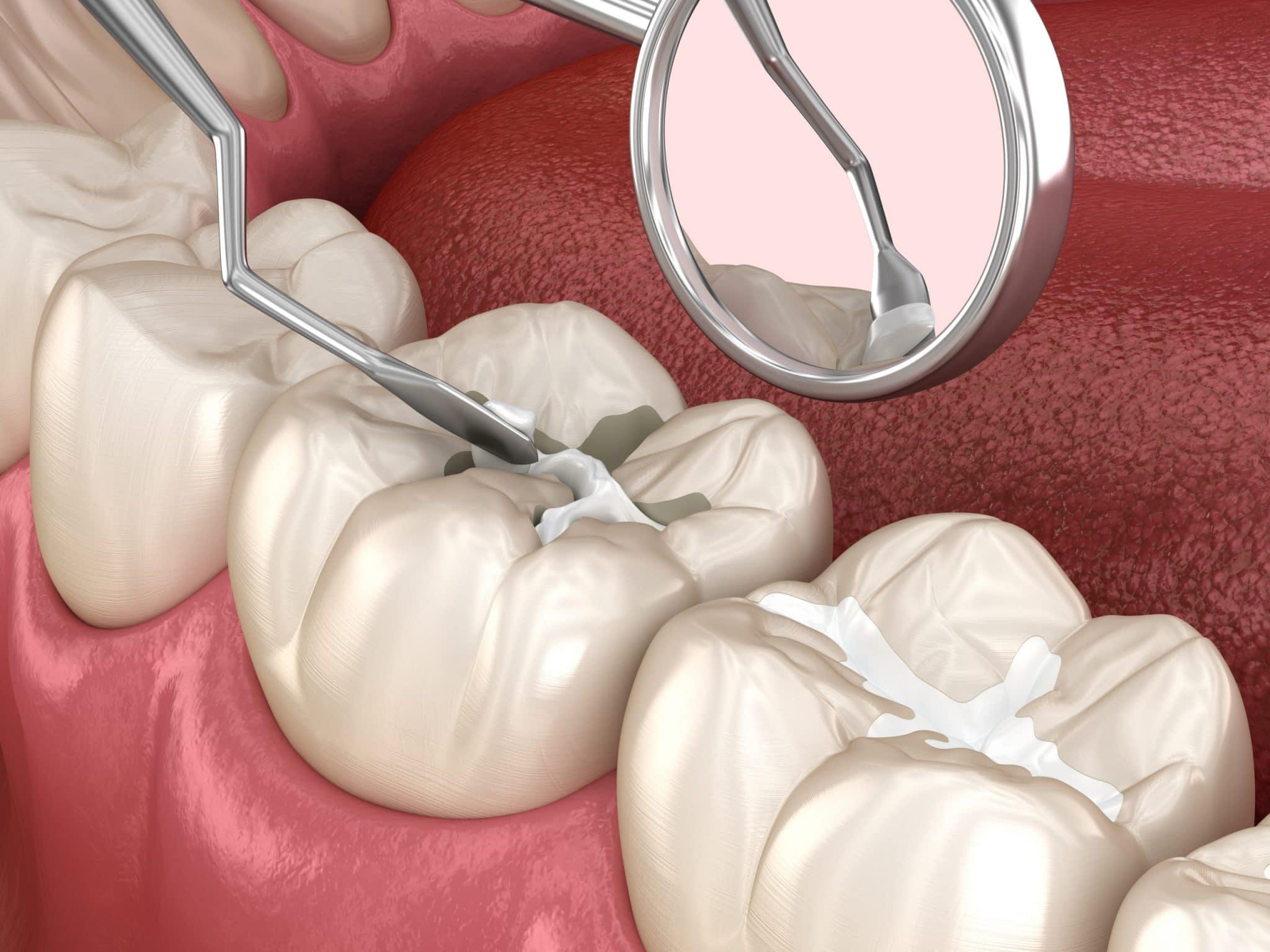What are Sealants?
Brushing and flossing may be the best way to say goodbye to cavities, but these are not enough to clean every corner of our teeth — most especially our molars. We use our molars to chew food, and since they’re usually at the back, they’re hard to reach. Our molars are also uneven, rough, and the best place for food leftovers and bacteria to hide.
This is where sealants become helpful. They are safety nets that can keep the hidden areas of our teeth clean. Sealants are thin, plastic-made protective coating adhering to your back teeth’ chewing surface. While they’re not substitutes for flossing and brushing, they can effectively keep cavities from thriving and save the teeth from decay.
Sealants also show a potent ability to reduce molar decay risks by over 80%. This benefit is especially advantageous in keeping the children’s dental health. According to the 2016 report of the Centers for Disease Control (CDC), children aging six to 11 can benefit the most from sealants. Their study found out that sealants provide three times protection from dental cavities in school-age children.




